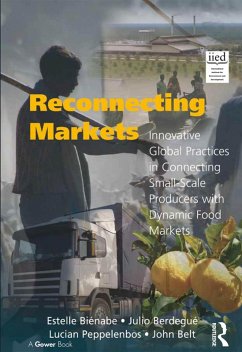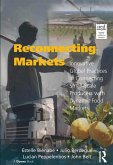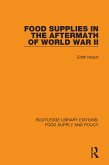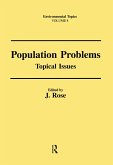Reconnecting Markets is the second volume of case examples from the Regoverning Markets Project, (2005-2007). It focuses on the keys to inclusion of small scale farmers and rural SMEs into dynamic national and regional markets. The cases document specific arrangements that appear to have played a positive role in supporting greater inclusion, such as public policies and business initiatives, collective action by farmers and support from development agencies.
Dieser Download kann aus rechtlichen Gründen nur mit Rechnungsadresse in A, B, BG, CY, CZ, D, DK, EW, E, FIN, F, GR, HR, H, IRL, I, LT, L, LR, M, NL, PL, P, R, S, SLO, SK ausgeliefert werden.









